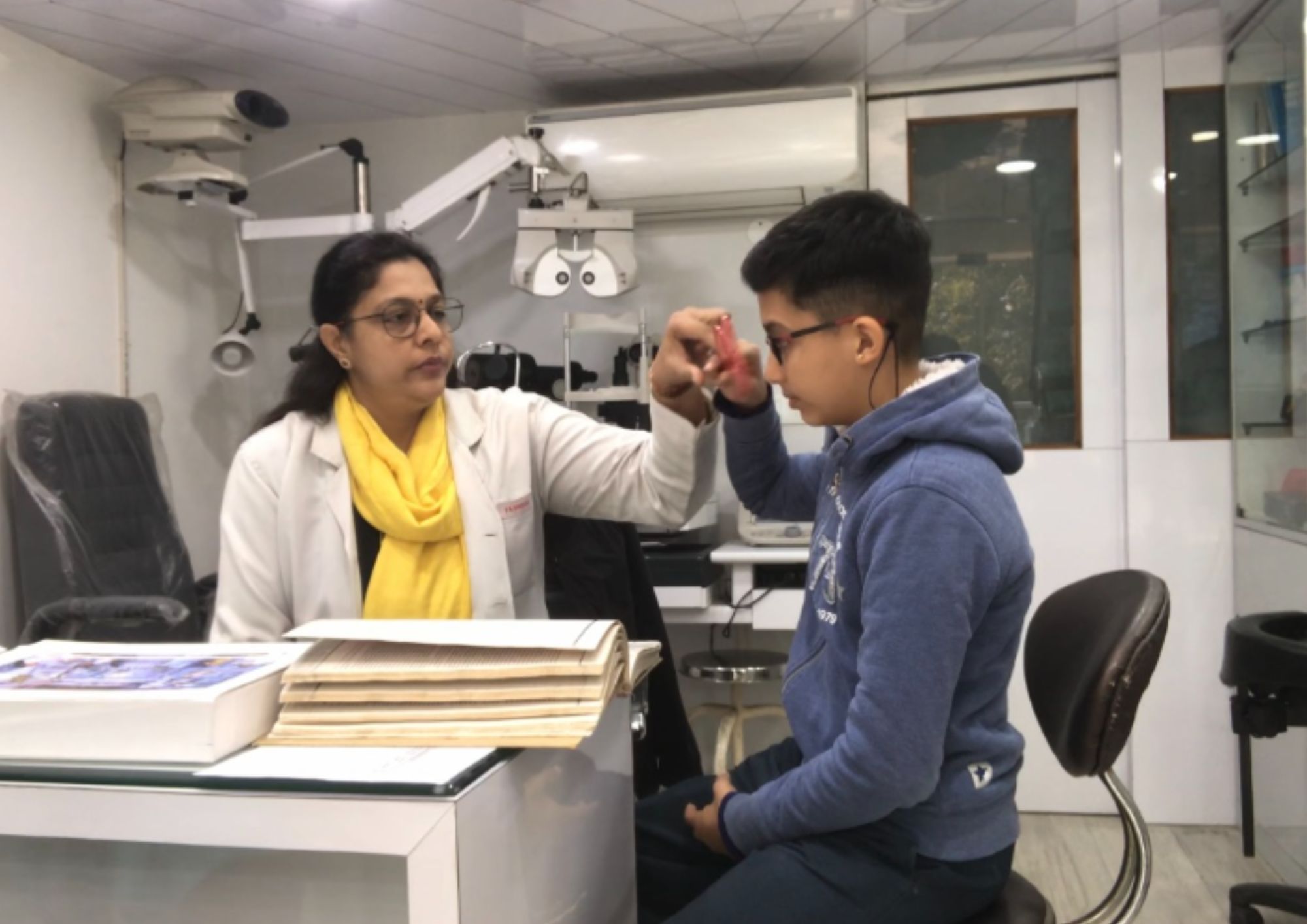Comprehensive Retina Service Near Me: Advanced Eye Healthcare
Wiki Article
Recognizing the Numerous Eye Issues Treated by Specialized Eye Treatment Professionals
In the world of eye care, specialized professionals play a crucial duty in identifying and dealing with a broad array of eye problems. As we embark on this expedition of the various eye problems dealt with by specialized eye treatment professionals, it becomes evident that the elaborate web of eye health and wellness holds a myriad of fascinating insights waiting to be revealed.Typical Refractive Mistakes
Refractive errors are typical visual problems triggered by a blemish in the eye's capacity to correctly concentrate light, resulting in blurred vision. Astigmatism is identified by an irregularly designed cornea, resulting in distorted or blurred vision at all distances. Presbyopia is an age-related condition where the lens sheds its versatility, making it hard to focus on close objects.These refractive mistakes can be remedied through different methods, including spectacles, contact lenses, or refractive surgical treatment. Eye treatment experts play a critical duty in identifying and managing refractive mistakes to aid individuals attain clearer vision and improve their quality of life.
Age-Related Eye Conditions
One of the most common age-related eye problems is age-related macular deterioration (AMD), a condition that causes central vision loss and can make activities like analysis and driving tough. Cataracts, another common condition among older individuals, create clouding of the eye's all-natural lens, leading to obscured vision. Normal eye tests with specialized eye treatment professionals are essential for early detection and monitoring of these age-related eye problems to maintain vision and keep eye wellness as people expand older.Vision-Threatening Conditions
Vision-threatening illness include a variety of severe eye conditions that have the potential to considerably affect an individual's eyesight and total aesthetic feature. These illness position a risk of permanent vision loss otherwise immediately identified and treated by specialized eye treatment specialists. Some typical vision-threatening diseases include glaucoma, diabetic person retinopathy, age-related macular degeneration (AMD), and retinal detachment.Glaucoma is a group of eye problems that damage the optic nerve, commonly due to high intraocular pressure, leading to outer vision loss and potential loss of sight if left untreated. AMD is a modern problem impacting the macula, leading to main vision loss.
Early detection, routine eye exams, and prompt treatment are essential in handling vision-threatening illness to preserve sight and keep lifestyle. Specialized eye care professionals play a crucial duty in diagnosing, dealing with, and managing these conditions to stop irreversible vision loss.

Corneal Problems
Corneal conditions include a range of conditions that influence the transparent front component of the eye, known as the cornea. These problems can lead to pain, aesthetic disturbances, and in extreme situations, vision loss. One common corneal condition is keratoconus, where the cornea thins and protrudes outside right into a cone shape, creating astigmatism and blurred vision. Corneal dystrophies, such as Fuchs' dystrophy, lead to steady vision loss because of uncommon deposits in the cornea. Corneal abrasions, commonly caused by injury or foreign things, can lead to pain, soreness, and level of sensitivity to light. Additionally, infections like keratitis can irritate the cornea, possibly leading to scarring and vision impairment if not without delay dealt with. Treatment for corneal disorders varies relying on the details condition but may include medicines, contact lenses, or in extreme instances, corneal transplants. Routine eye examinations are crucial for this early discovery and management of corneal conditions to maintain vision and eye wellness.Neurological Eye Conditions
Neurological eye conditions involve problems that influence the link between the eyes and the brain, affecting aesthetic handling and overall eye function. These problems can materialize in different ways, impacting vision, eye activities, and also the coordination between the eyes. One usual neurological eye condition is optic neuritis, characterized by swelling of the optic nerve causing vision loss, color desaturation, and pain with eye activity.One more considerable condition is nystagmus, where the eyes make repetitive, uncontrolled movements, impacting aesthetic skill and deepness assumption. In addition, problems like amblyopia, commonly referred to as "careless eye," result from abnormal aesthetic growth in early childhood, bring about decreased vision in one eye.
Neurological eye problems need customized care from specialists like neuro-ophthalmologists who have experience in both neurology and ophthalmology. Medical diagnosis often includes a click resources comprehensive eye exam, imaging studies, and cooperation with neurologists to attend to the underlying neurological concerns affecting the aesthetic system. Treatment methods can consist of medication, vision therapy, or in extreme cases, surgical treatments to take care of these complicated problems effectively.

Conclusion
To conclude, specialized eye care specialists deal with a wide variety of eye conditions, consisting of common refractive mistakes, age-related eye conditions, vision-threatening illness, corneal problems, and neurological eye conditions - refractive surgeries in al. By recognizing these different problems and seeking proper therapy from eye care experts, people can read this maintain ideal eye wellness and vision. It is essential to focus on normal eye evaluations and adhere to advised treatment plans to maintain and shield one's vision for the futureReport this wiki page